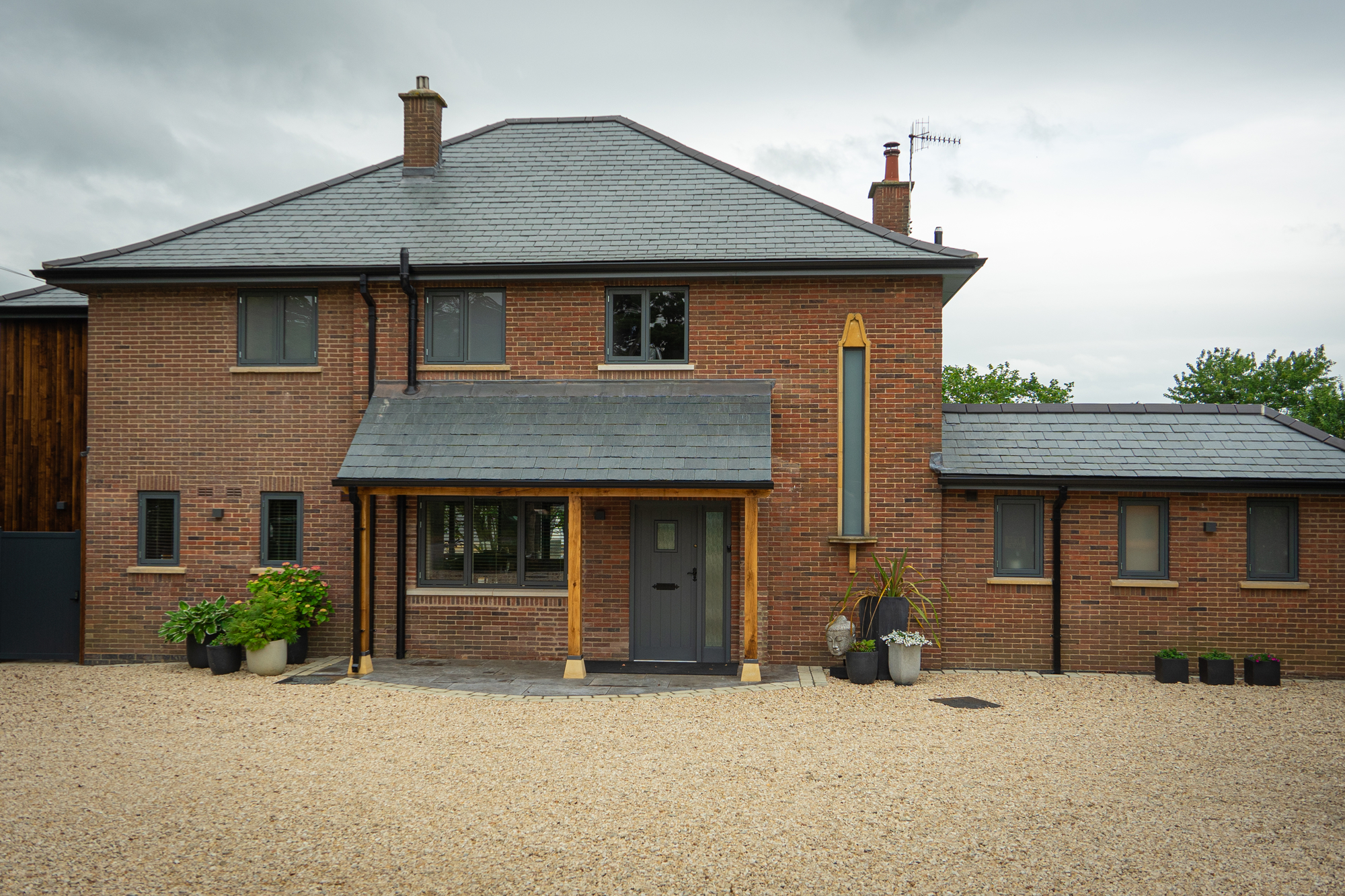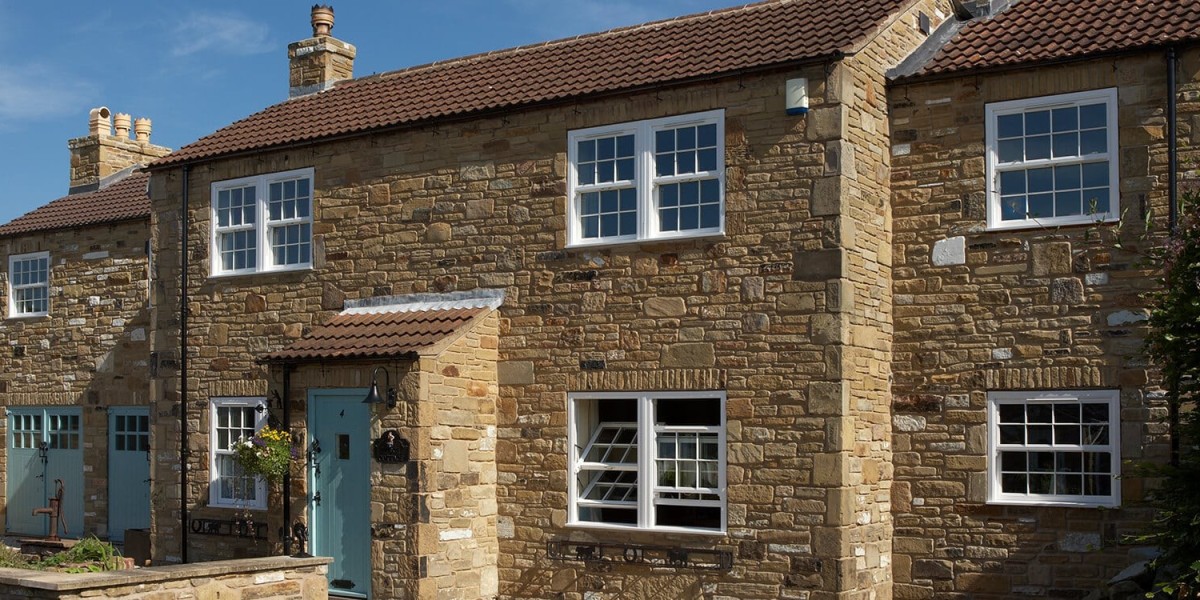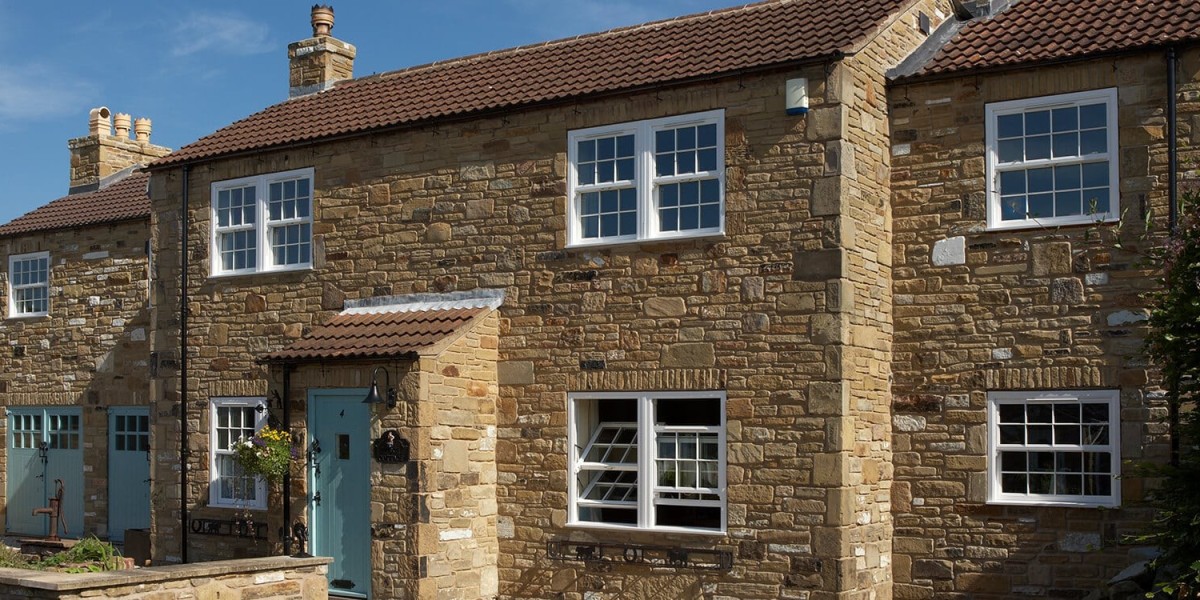Introduction
Aluminium sliding doors have gained immense popularity in modern architecture and interior design due to their sleek aesthetics, functionality, and durability. This study report aims to explore the various aspects of aluminium sliding doors, including their design, materials, advantages, disadvantages, applications, and maintenance requirements.
Design and Structure
Aluminium sliding doors are typically composed of a frame made from high-quality aluminium extrusions, which provide strength and stability. The design can vary significantly, from minimalist frames that maximize glass areas to more ornate styles that complement traditional architecture. The doors operate on a track system, allowing them to slide open and closed smoothly, which is a significant advantage in spaces where traditional hinged doors would require more room to operate.
- Types of Aluminium Sliding Doors:
- Multi-Track Sliding Doors: These doors can accommodate multiple panels that slide in different directions, allowing for larger openings and more versatile configurations. They are commonly used in commercial spaces and large homes.
- Glass Options:
Materials Used
The primary material in aluminium sliding doors is, unsurprisingly, aluminium. The choice of aluminium is due to its lightweight nature, resistance to corrosion, and low maintenance requirements. Additionally, aluminium can be anodized or powder-coated to enhance its aesthetic appeal and durability.

- Thermal Break Technology:
- Weather Sealing:
Advantages of Aluminium Sliding Doors
- Aesthetic Appeal:
- Space Efficiency:
- Durability and Low Maintenance:
- Energy Efficiency:
- Security Features:
Disadvantages of Aluminium Sliding Doors
- Cost:
- Heat Conductivity:
- Limited Customization:
Applications of Aluminium Sliding Doors
Aluminium sliding doors are versatile and can be used in various applications, including:
- Residential Settings:
- Commercial Spaces:
- Public Buildings:
Maintenance Requirements
Maintaining aluminium sliding doors is relatively straightforward. Regular cleaning with mild soap and water is usually sufficient to remove dirt and debris. It is also important to check the tracks and rollers periodically to ensure smooth operation.
- Lubrication:
- Seal Inspection:
- Glass Care:
Conclusion
Aluminium sliding doors represent a perfect blend of aesthetics, functionality, and durability, making them an excellent choice for both residential and commercial applications. While they come with certain disadvantages, the benefits often outweigh the drawbacks, particularly when considering energy efficiency, space-saving design, and modern appeal. As technology continues to advance, aluminium sliding doors are likely to evolve further, offering even more features that enhance their performance and value. For anyone looking to enhance their living or working space, aluminium sliding doors are undoubtedly a worthy investment.








